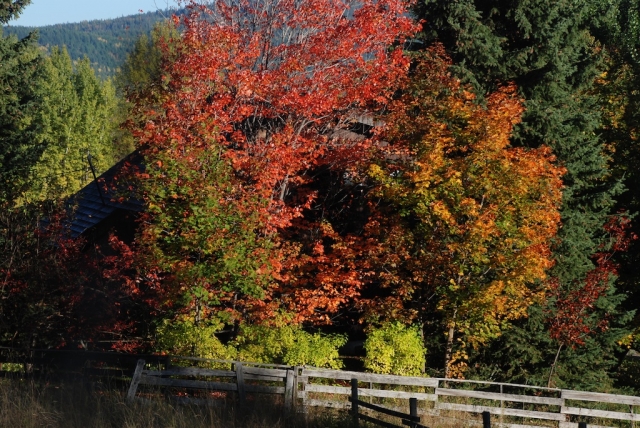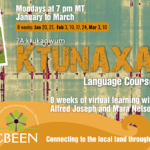Urban gardens, infill, arable edges, and the Agricultural Land Commission debated by Rossland's council
Richard Bullock, chair of the Provincial Agricultural Land Commission (ALC), released a report on Aug. 23 titled, “Changing the way we do business: An update on the transition of the Agricultural Land Commission,” to which some members of Rossland’s council responded at the Sept. 17 regular council meeting.
The report contains Bullock’s vision for the ALC to preserve “a stable and coherent agricultural land base in British Columbia.” The full report can be downloaded at the end of this article.
Bullock writes, “A disproportionate amount of the ALC’s resources are consumed in dealing, on a reactive basis, with the numerous applications made by individuals each year to exclude, subdivide or authorize non-farm uses on ALR [Agricultural Land Reserve] land.”
He notes that this “consumes an enormous amount of ALC time and resources.” He adds, “A significant number of applications are nothing more than an attempt to gain a financial benefit from non-agricultural uses, or from removing land from the ALR.”
Bullock goes on to lay a plan for reallocating ALC resources according to new priorities.
Coun. Kathy Moore raised the issue, possibly due to its relevance to Brenda Trenholme’s recent appeal to the Official Community Plan (OCP) amendment process to attempt to subdivide her eight acre Happy Valley property. Althought Happy Valley is not in the ALR, Rossland’s rural-residential zoning since the 1980s has operated in a similar way to limit subdivision and non-farm uses.
At the regular council meeting, Moore said, “I thought it was interesting that [the ALC] are making their statement about the importance for the government to preserve agricultural land and incorporate agricultural land into their planning process.”
“I’m happy to say our OCP is trying—with what limited agricultural land we have—to do just that,” she said. “It’s quite clear from that memo that holding onto land for present or future agricultural purposes [is difficult and] meets resistance from people who want to subdivide [or] develop.”
“Maybe today’s property owner isn’t interested in farming, but the next property owner might be, or conditions might change,” Moore noted.
“I feel the government is taking the long term view, and that’s good for land management. We don’t know what the future’s going to bring, but we need to preserve our ability to grow food locally and maintain any kind of food security that we can,” she said.
Mayor Greg Granstrom responded, “It is interesting, and it’s also interesting that you say we should preserve land to grow food on. This council and prior councils have decided that infill is the way to go for properties.”
“I think it’s really relevant,” he continued. “My wife grew up here and her father was a greenhouse guy [who] grew vegetables for all of Rossland. Now we’ve decided to subdivide lots where produce was grown for local households.”
“It’s an interesting segue. I don’t think we should subdivide arable land, but I think it’s also important to realize that we’ve taken steps to increase the amount of arable land by adding infill to properties that in the past were very successful gardens,” he said.
Coun. Jill Spearn said, “The Agricultural Land Commission—I actually worked there, it was one of the first planning jobs I had at university. It was a great experience and a great place to work, since it was really dedicated to preservation of agricultural land.”
“But I always think of [agricultural land] more as big blocks,” she said. “For the whole sustainability thing in Rossland, I think we have to remember that we live in a rural setting. Everybody really has the opportunity in their backyard to grow a garden.”
“We talk about agricultural land and sizes of agricultural, arable land, and [when I think of Vancouver, where I grew up] and the pressure on the agricultural land base around a city, it conjures up for me such a different kind of picture than the small rural setting we live in where anybody can grow a garden and have chickens if they wish,” Spearn continued.
“I really don’t like it when we take the urban concepts and understandings around agriculture or anything else, and we superimpose it on to our little rural community in Rossland, since it doesn’t always transfer.”
“I think the conversations around our community are significantly different than the conversations at the Agricultural Land Commission, believe me,” she said, “since we have no ALR, pretty well.”

























